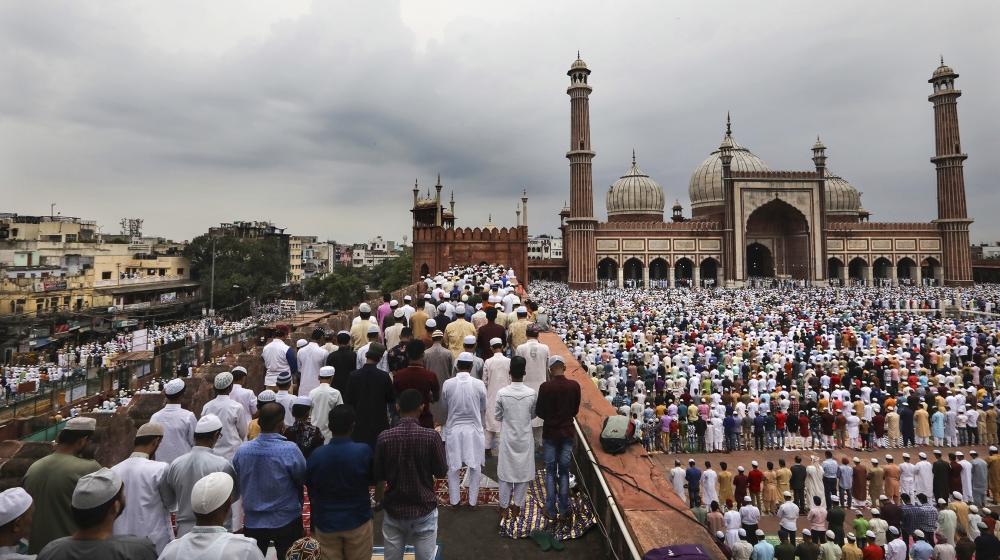
This week, millions of Muslims around the world are commemorating Eid al-Adha, a sacrifice festival also known as Bakrid that marks the end of the annual Hajj pilgrimage.
The dates and celebrations for Eid al-Adha differ depending on the country. Eid al-Adha is a three-day festival in Muslim-majority countries, but it is usually only observed for one day in India. It will be commemorated in the country on July 21 this year. In Saudi Arabia, however, Eid al-Adha celebrations will begin a day earlier on July 20.
However, due to the Covid-19 pandemic, Eid al-Adha celebrations in the country are expected to be subdued. In light of the increasing number of daily cases of Covid-19 and the looming threat of the third wave, many state governments have imposed a number of restrictions.
Due to Covid restrictions, mass congregational prayers in mosques are prohibited in most states, including Maharashtra. People in cities like Delhi, Hyderabad, Chennai, and Kolkata, which have already opened places of worship, can gather in small groups at their local mosques.
Andhra Pradesh
The state government has issued an official Eid al-Adha advisory, advising residents to avoid large gatherings. The government also stated in the release that prayers should not be performed in Eidgah or in public places. The state government has permitted prayer in mosques, but the occupancy must now exceed 50%, and strict adherence to social distancing and face mask regulations is required.
Devotees should also bring their own prayer mat to the mosque, according to the government. Imams and khateebs have been asked to keep the Eid khutbah (sermons) to a minimum.
Uttar Pradesh
On the occasion of Bakrid, the government of Uttar Pradesh has banned the slaughter of cows and camels. Aside from that, gatherings of more than 50 people in one location are prohibited. Animal sacrifice in public places has also been prohibited by the government.
Assam
The state government has issued official guidelines advising everyone to celebrate Eid al-Adha at home. Only 5 people, including the religious leader, are allowed to pray at the mosque. The government of Assam has also outlawed public gatherings.
Kerala
The Kerala government eased Covid-19 lockdown restrictions for the holy festival from July 18 to 20 in a contentious order. Clothing, footwear, electronics, jewellery, and other retail establishments have been allowed to remain open.
The Indian Medical Association (IMA) has challenged this, and the case has now reached the Supreme Court. An application against the Kerala government will be heard by the Supreme Court on Tuesday.
What is the significance?
The holy festival of Eid al-Adha takes place on the tenth day of Dhu al-Hijjah, the Islamic or lunar calendar’s 12th month. It is commemorated in honour of Prophet Abraham’s faithfulness to God after he was tested to sacrifice his son, according to the Quran, Islam’s holy book. Muslims perform the udhiya or qurbani act during the celebrations, which entails a sacrifice and the distribution of the meat to the poor and family members.









